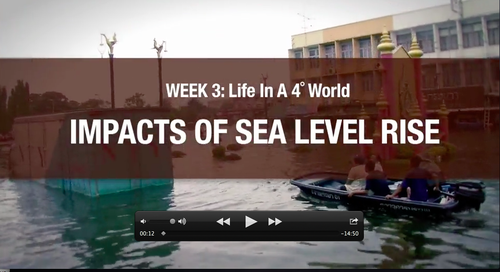Compassion that is disciplined and focused.
Recently I was rear-ended at a red light. I was more stunned than anything else, and getting out of my car, the thought that was foremost in my mind was the time I lived in Los Angeles and was the victim of a hit and run. My immediate focus was, if nothing else, to get the license plate and make of the car in case my assailant was planning to take off. And I got right on the line with 911.
Stepping out of my car I was greeted by a young man who pleaded with me not to call the cops. It seems he was not only driving his mother’s uninsured car, but he was driving without a license. Why? Because their single-parent family couldn’t afford either one. I felt my twin aspects of Din and Rachamim – Judgment and Compassion – waging a quick war with one another: If the cops came, this 20-year-old from an economically borderline family was going to go to jail. What would his opportunities be after a turn in county? Certainly more limited than they were at present. On the other hand, what if he was giving me a line? He promised to find a way to be responsible for the repairs, but what if those tears disappeared the moment he took off, laughing to himself that he really got away with that one!
The struggle went on inside me as I was waiting for the police to arrive. It was rush hour and the streets were jammed. We spoke back and forth. I got his name and address, his mom’s name, and his phone number. I knew where he lived. Even if he lied about that, with his license plate number written down, I knew I could find him.
“Get in your car and drive away now before the cops arrive,” I finally blurted out. “I will call you and we will figure out how you will pay for the repairs.”
He thanked me and drove off. I made another call to 911 and told them their arrival wasn’t necessary.
My “friend” told me that he was unemployed, but had a tax refund coming. The plan was that we would speak after I got an estimate for the repairs. I called him the next week and asked him to meet me at work, which he did. I thought of the teaching in Deuteronomy that we never keep a worker’s garment overnight even if he is indebted to us, because it is all he has. Taking his whole tax return, which would have covered about half of the repairs, felt wrong. So I made him an offer:
“I am asking that you give me half of your tax refund, because I imagine you need some money to live on. Then I want you to work with me in my garden for an hourly rate until you work off the debt.” I explained to him that I grow food, having turned my yard into an edible landscape. He said ok, and he’s now been working with me for over a month. The first couple of times he came late. I pointed to my neighbor the cop who lives across the street, letting him know that this agreement was something he needed to take seriously. He’s been early ever since. He was frustrated when his large hands had difficulty planting tiny carrot and celery seeds. He much preferred watermelon, which have substantively larger seeds. He has never eaten a winter squash, and last week had his first asparagus ever. “It tastes like a stem,” he said. We ate them fresh from the garden. I told him they were usually steamed or cooked in oil or butter with seasoning, but when they’re that fresh, eating them raw is a treat.
I don’t know if my new friend will become a gardener. I don’t know if he will come to like asparagus or squash or any of the other myriad fruits and vegetables he will be cultivating and trying this season. I do know that he has a sweet heart, with a kind spirit, a sharp mind and a fun sense of humor. I hope that I can inspire him to make a positive, proactive choice to use his life for good, and that his experience in the earth will stay with him in some way.
Action: In what earth-related activity can you apply your compassion in a disciplined way that links Tiferet and Gevurah? According to the Farmer’s Almanac, this is good day to plant above ground annuals, like kale, broccoli, cucumbers, tomatoes and squash. Set a focused goal and plant with the kavannah of feeling in harmony with the earth.







